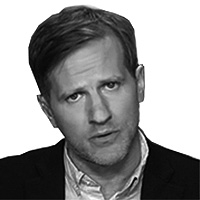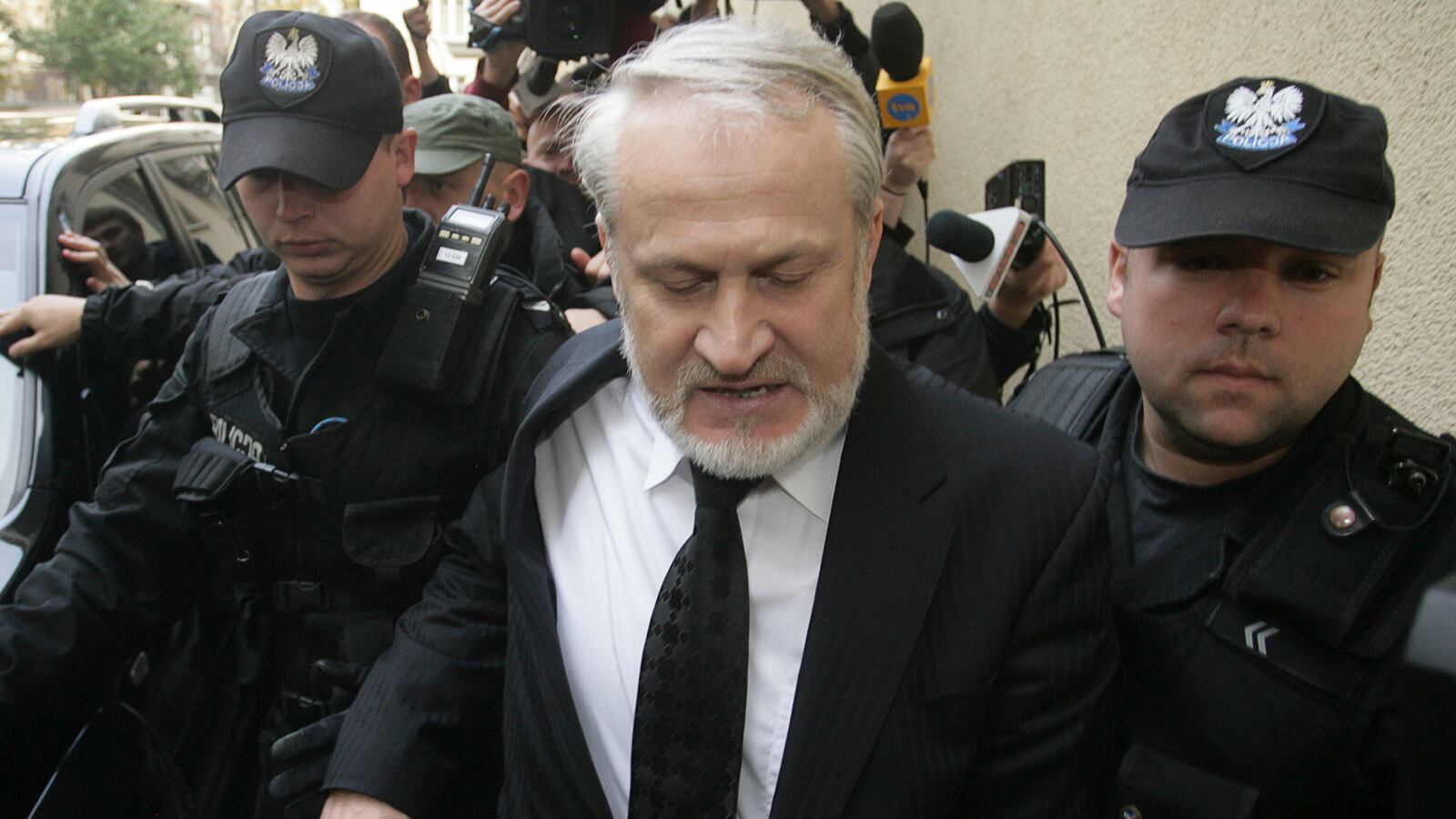In another life, Akhmed Zakayev was a renowned actor, a severe-looking young Shakespearean who often played Caius Marcius Coriolanus and Hamlet in Grozny’s tiny theater scene. After the fall of the Soviet Union, in the violent tumult that followed Chechnya’s declaration of independence, he abandoned the stage for the battlefield, becoming a highly regarded rebel commander and navigating various political appointments (culture minister, foreign minister, deputy prime minister).

After Moscow pacified and reasserted political control over Chechnya, Zakayev was granted political asylum in the United Kingdom, where today he leads an exile government. His political movement, he says, is the middle way, a moderate alternative to the violent, anti-Russian insurgency led by Chechen Islamist Doku Umarov—frequently called Russia’s Osama bin Laden—and the Moscow-backed regime of Ramzan Kadyrov. When I met Zakayev in 2010, he objected to the descriptor “leader-in-exile,” insisting that he was, without qualification, the prime minister of the “Chechen Republic of Ichkeria.”
When it was revealed that the two suspected Boston Marathon bombers, Dzhokhar and Tamerlan Tsarnaev, were ethnic Chechens, the schizophrenic American media quickly shifted focus to the Caucasus’s recent history of Islamist terror, recalling the 2004 massacre in Beslan, North Ossetia, where Islamists killed hundreds, almost half of them children. (The New York Times quickly carried an opinion piece describing the Boston bombings as “Beslan Meets Columbine.”)
On Friday I spoke with Zakayev by telephone from his home in London. After expressing his condolences for the victims, he insisted that “Chechens and the Chechen nation are not responsible what two crazy guys committed in the United States,” underscoring that the Tsarnaev brothers had spent most of their lives outside of Chechnya. Zakayev’s mortal enemy, Kadyrov, made a similar, if far less nuanced, argument, suggesting that the suspects were the product of a demented American culture.
Zakayev is a devout Muslim, but one who has written a treatise opposing the Salafi strain of radicalism that, he says, is a recent import to his country. (“They have issued a fatwa to kill me for this,” he says.) But the Putin government, which recently petitioned the United Kingdom to extradite Zakayev on charges of kidnapping and terrorism, claims he is a violent extremist. In 2010, while attending a conference of Chechen exiles in Poland, Zakayev was arrested at the urging of Russian prosecutors, though soon released for lack of evidence. He has been detained before, at the behest of Moscow, by authorities in London and Copenhagen. “We always condemn any terrorist actions,” he insists. “These are not the methods to reach our political goal.”
Indeed, the Boston bombings were a “gift to the Kremlin and Putin,” he says with a sigh. After last week’s attacks, Zakayev expects events in Boston to be exploited by the Russian government. “They will say, ‘This is the Chechen.’” When the smoke clears, he says he expects Moscow to politicize the suspects’ ethnic background. “Three years ago Putin said that Western nations granting political asylum to Chechens will have problems with these Chechens.”
And a number of commenters are already arguing that the Obama administration should repair relations with Russia. Writing in The National Interest, Jacob Heilbrunn argues that the bombing is a “vindication” of Putin: “One can only speculate what Russian president Vladimir Putin is thinking as he sees Chechen terrorists wreaking havoc in a major American city.”
It’s this type of comment that raises Zakayev’s suspicions. Throughout our conversation, he hinted at a darker conspiracy, the cui bono suggestion that if the Putin regime benefited politically from the attack, it could have been, in some way, been involved in facilitating it. “Behind this action, we have to consider the involvement of a state organization or another big organization.”
Seizing on media reports that accused bomber Tamerlan Tsarnaev flew to Moscow in January 2012, returning to the United States six months later, Zakayev called this information “an absolutely new situation.” (It had yet to be revealed that the Russian government had previously warned Washington about Tsarnaev.) What about reports that, during this period, Tsarnaev received military training from Chechen Islamist groups? “Which Chechen military group trained this guy? Nobody trained this guy,” Zakayev says. “I could believe if they come to Moscow that they have some instruction from someone, from Russian special services.” He adds that he “absolutely does not follow any conspiracy theory. We should wait until the Boston police have a full report.”
The finger-pointing at Russia is unsurprising. When I met Zakayev in 2010, he made it clear that he believed Moscow was involved in almost all major terror attacks attributed to Chechen Islamists, in an attempt to inflame Russian public opinion. It is widely believed by Chechens—and Sen. John McCain, slain Russian journalist Anna Politkovskaya, former Economist Moscow correspondent Edward Lucas, and many others—that the notorious 1999 Moscow “apartment bombings,” which precipitated the Second Chechen War, were not the work of Chechen radicals, but of Russian intelligence. And it should be pointed out that Chechen exiles are conspiratorial because they been the target of quite a few conspiracies. Last year testimony at a deportation hearing in London revealed that British intelligence foiled a 2009 assassination plot against Zakayev, which MI5 believed was ordered by Kadyrov.
“I expect some crazy statement from Doku Umarov,” taking credit for the Boston attack, Zakayev said, referencing his former friend and current leader of the radical Islamist insurgency in Chechnya. Umarov previously took credit for the brutal 2011 terror attack on Moscow’s Domodedovo Airport, which killed 36 people. “I will not be surprised if in the next few days there is some kind of statement from this guy.” But in a statement released online, a group affiliated with Umarov denied involvement, admonishing the media for “speculation” that only served to “assist the Russian propaganda.”
Regardless of where the investigation leads, Zakayev stresses that his exile government is a friend of the United States. To Americans hearing the name of his country for the first time, he says, “Don’t try to link this tragic crime in Boston to the Chechen nation.”






